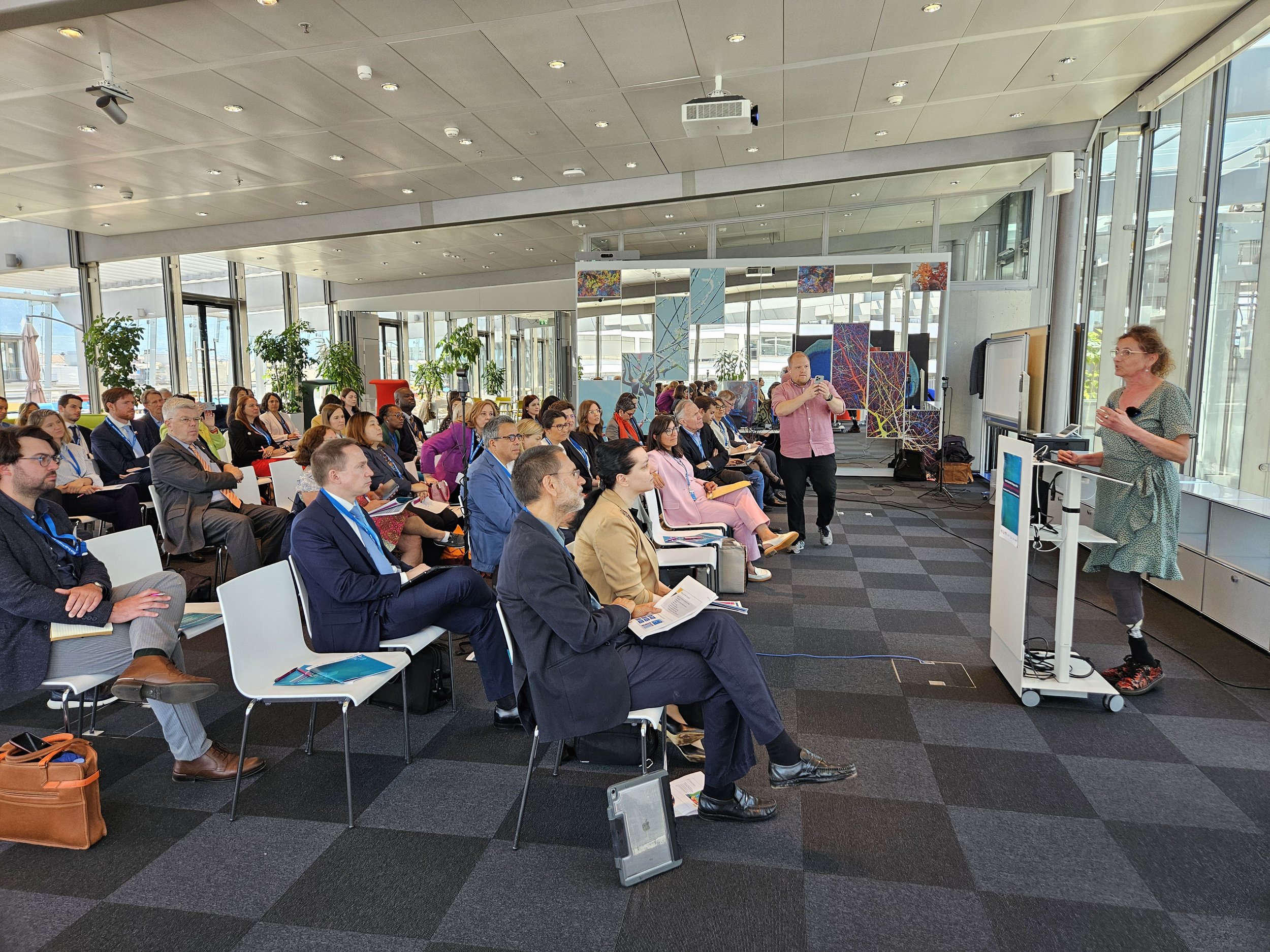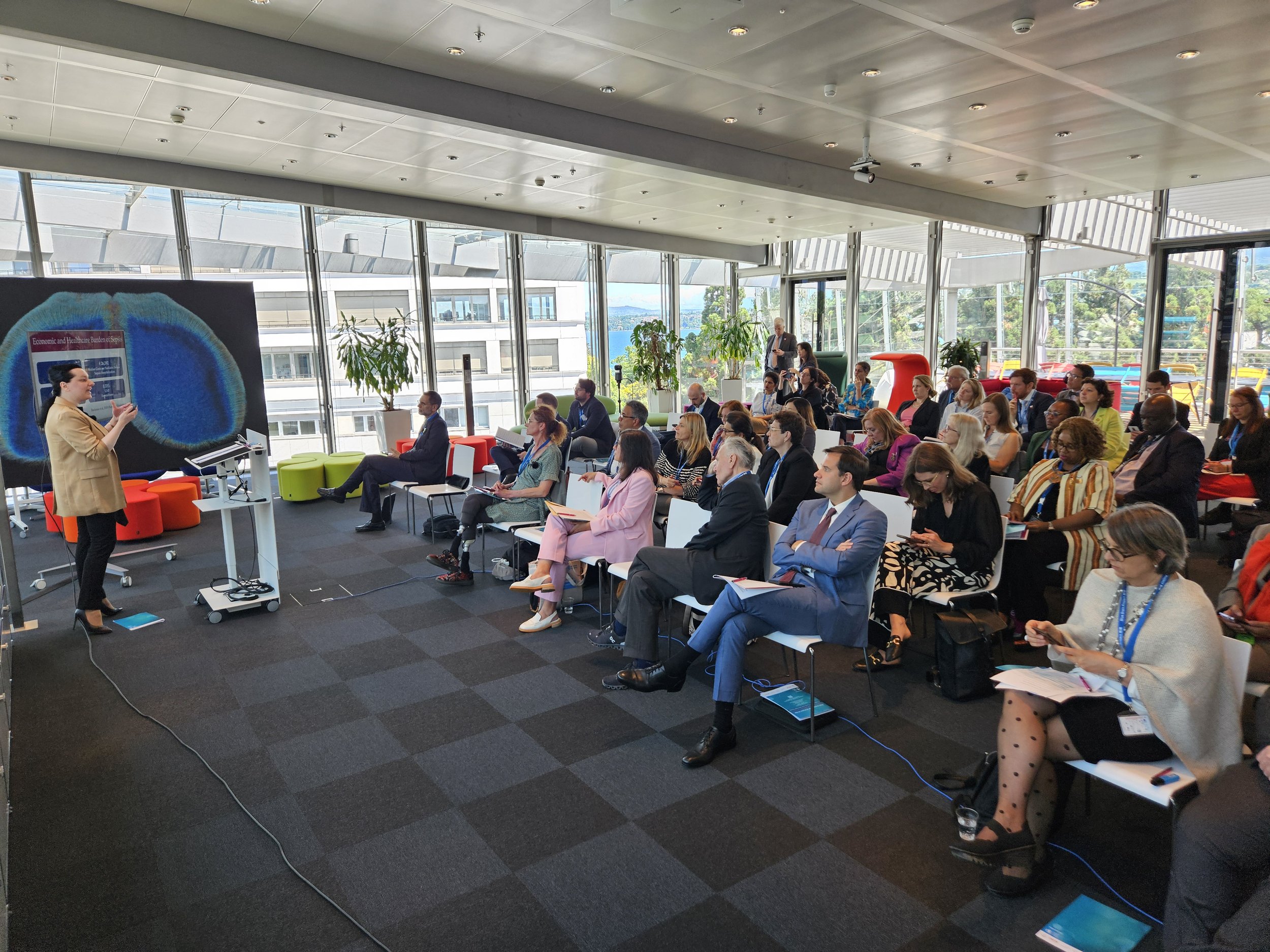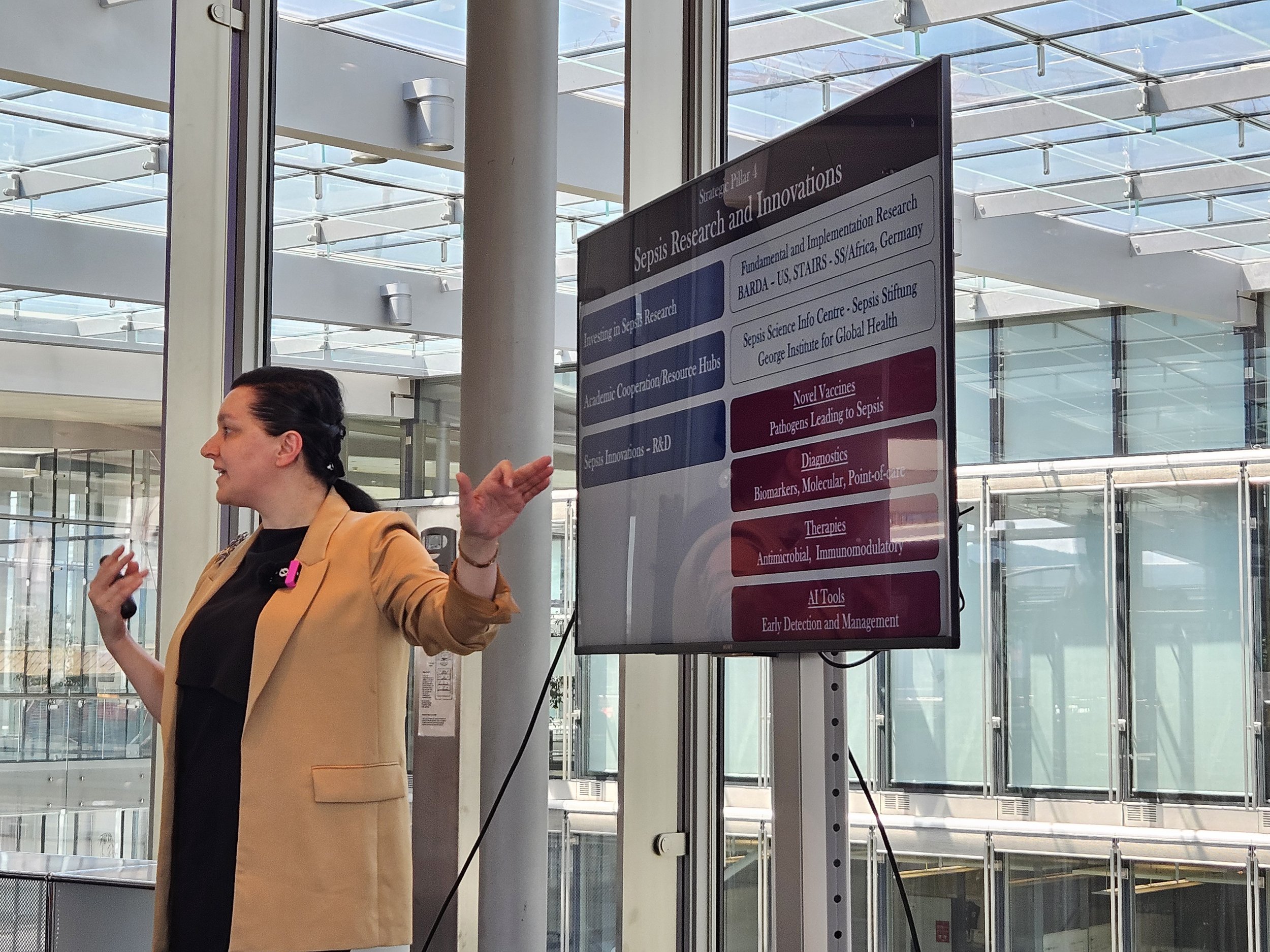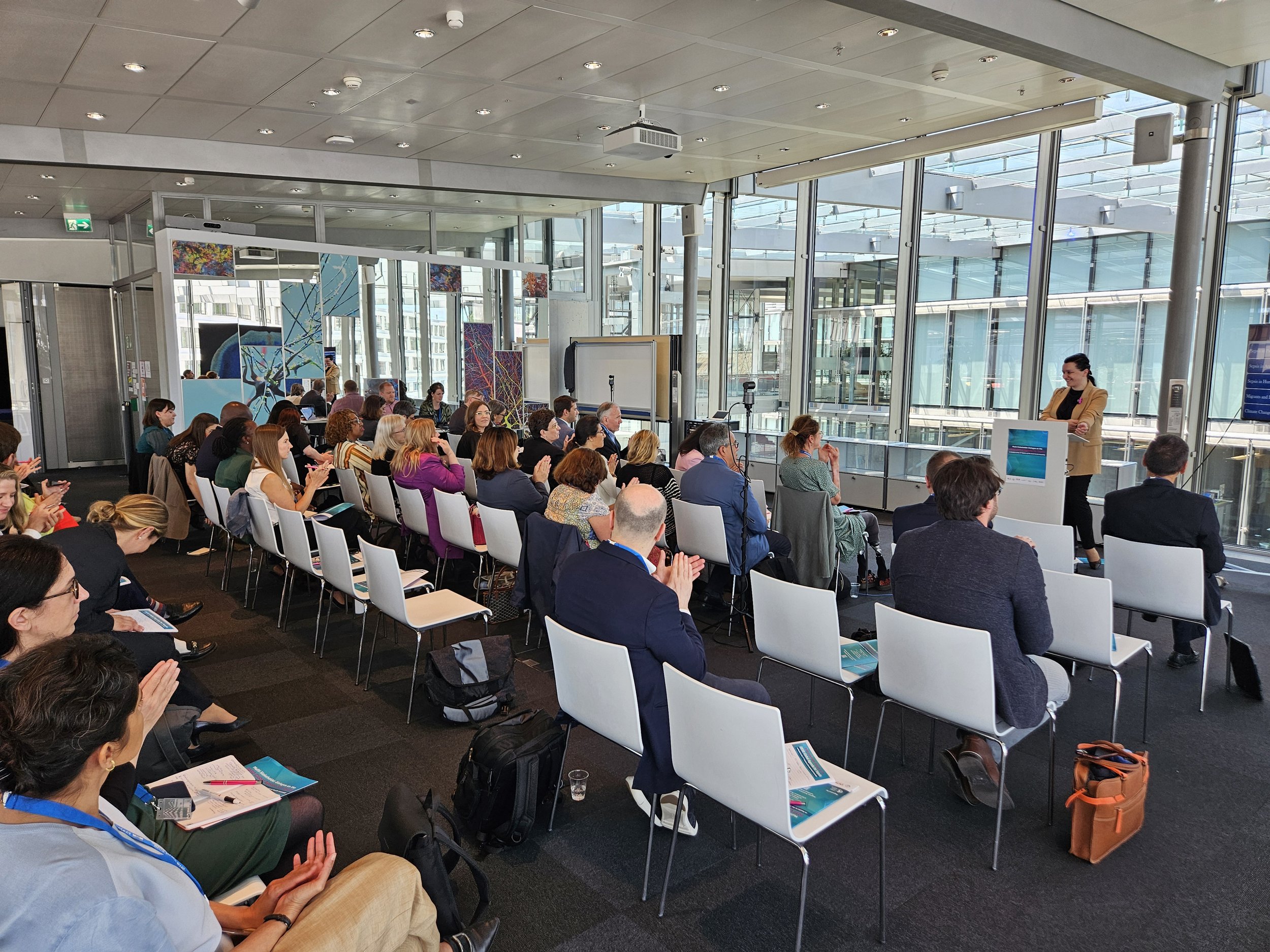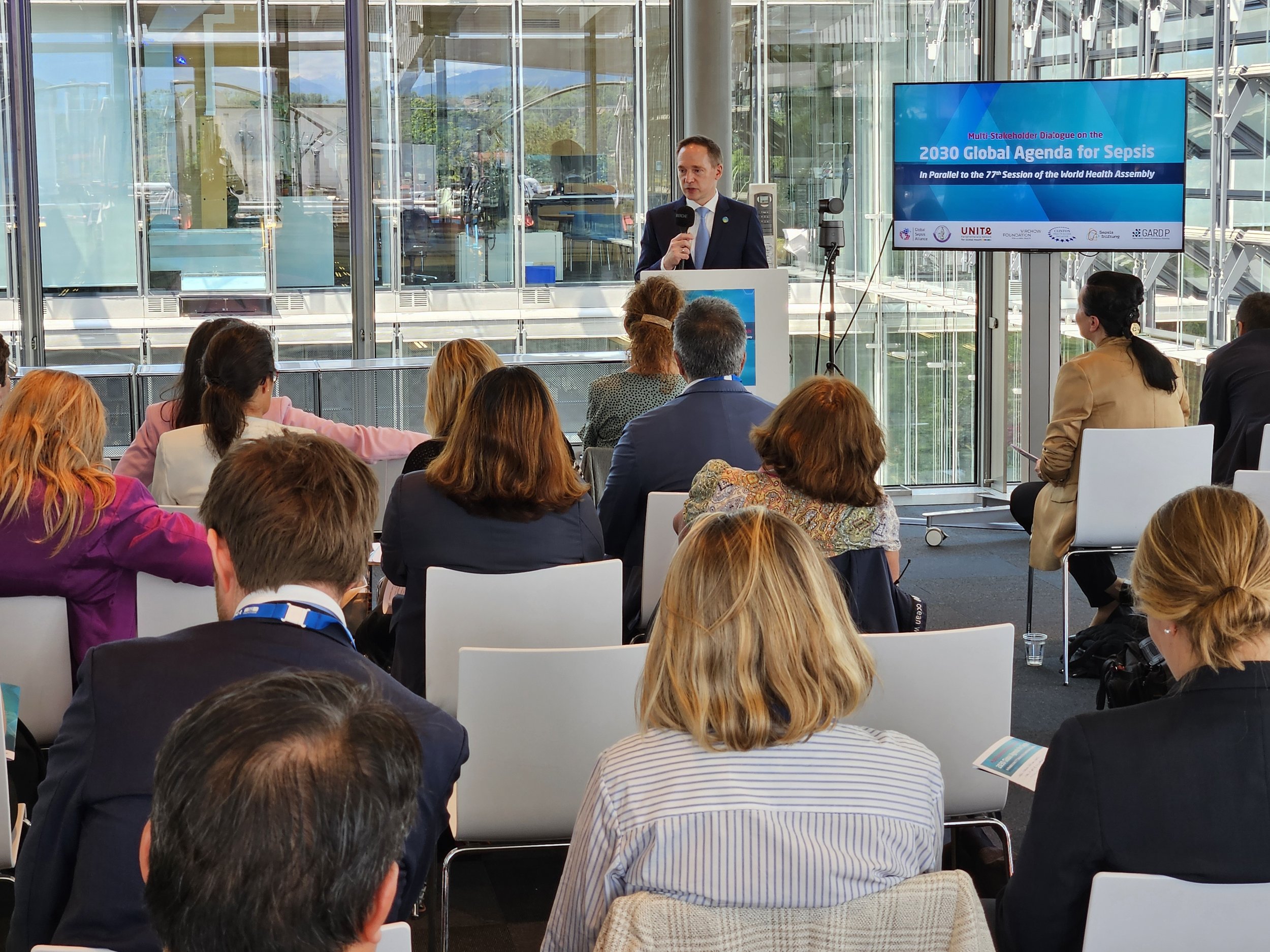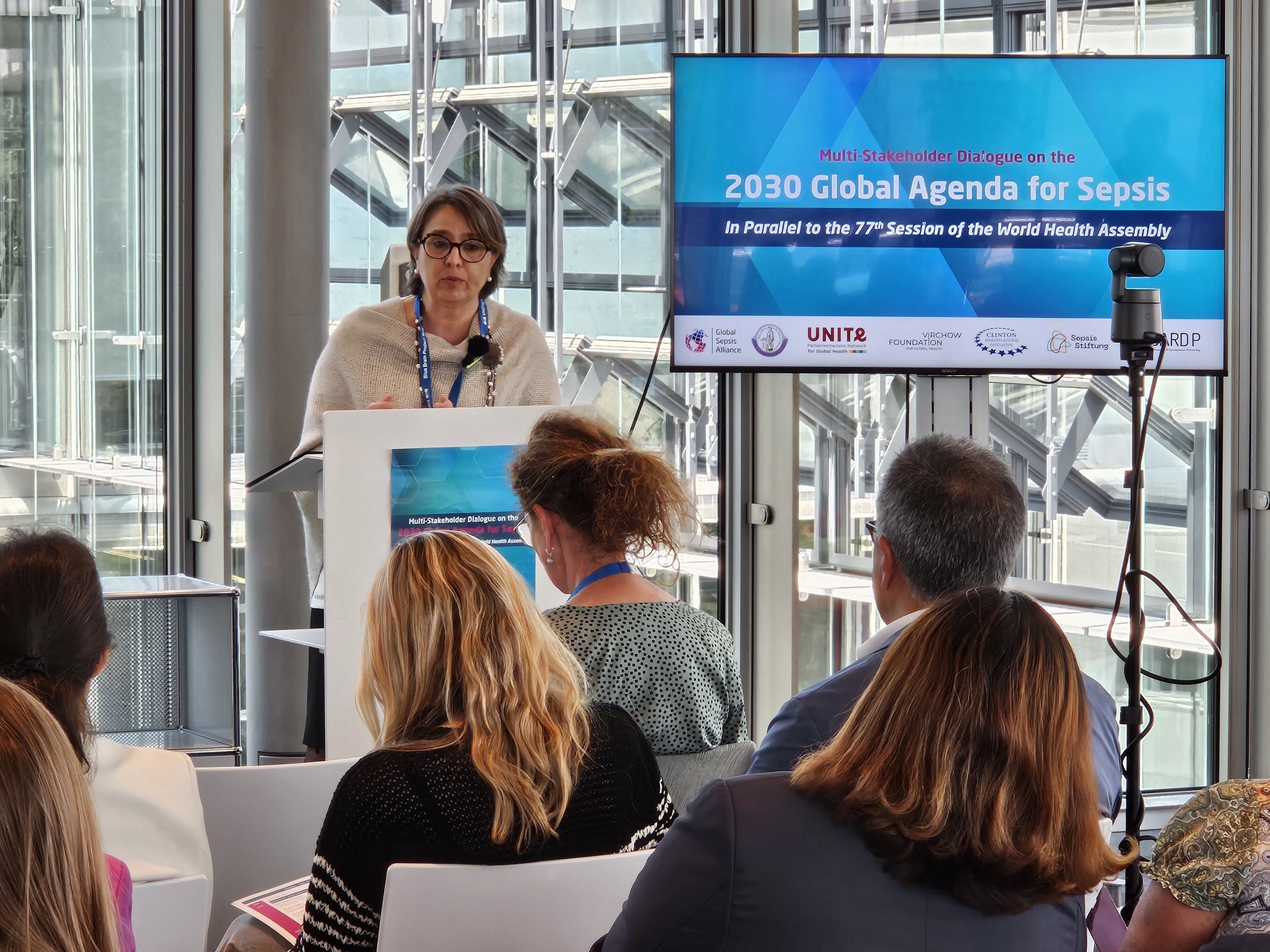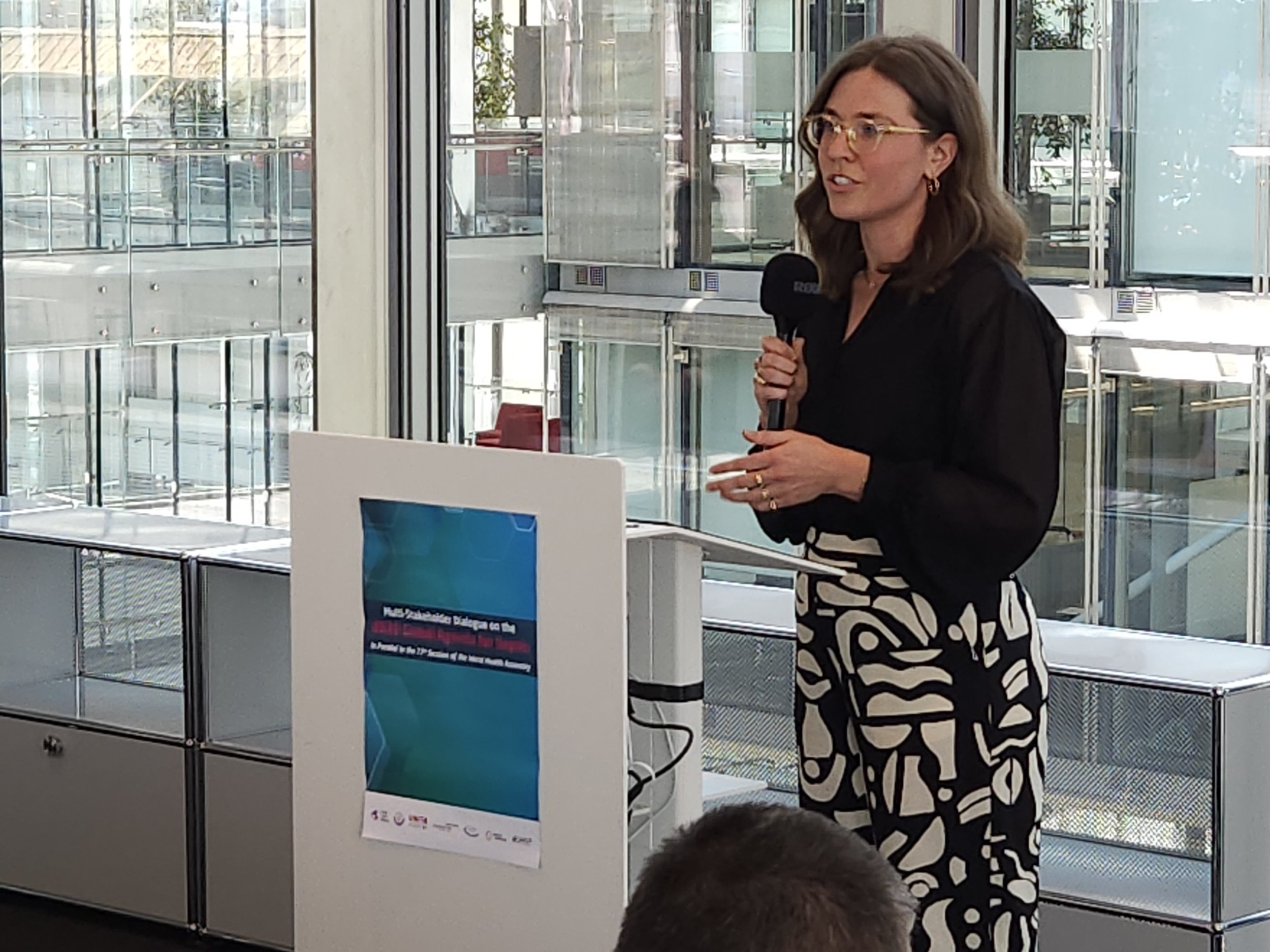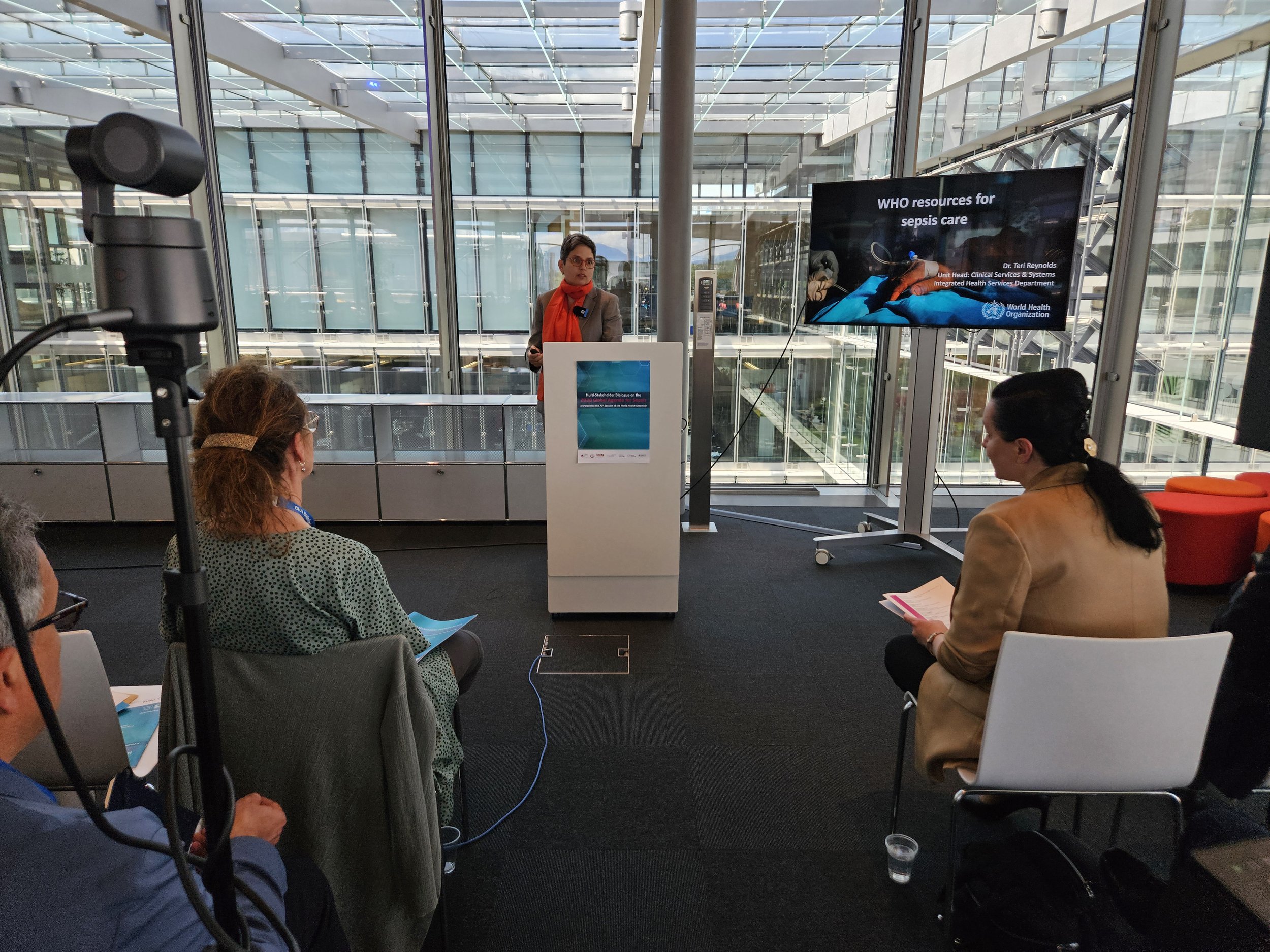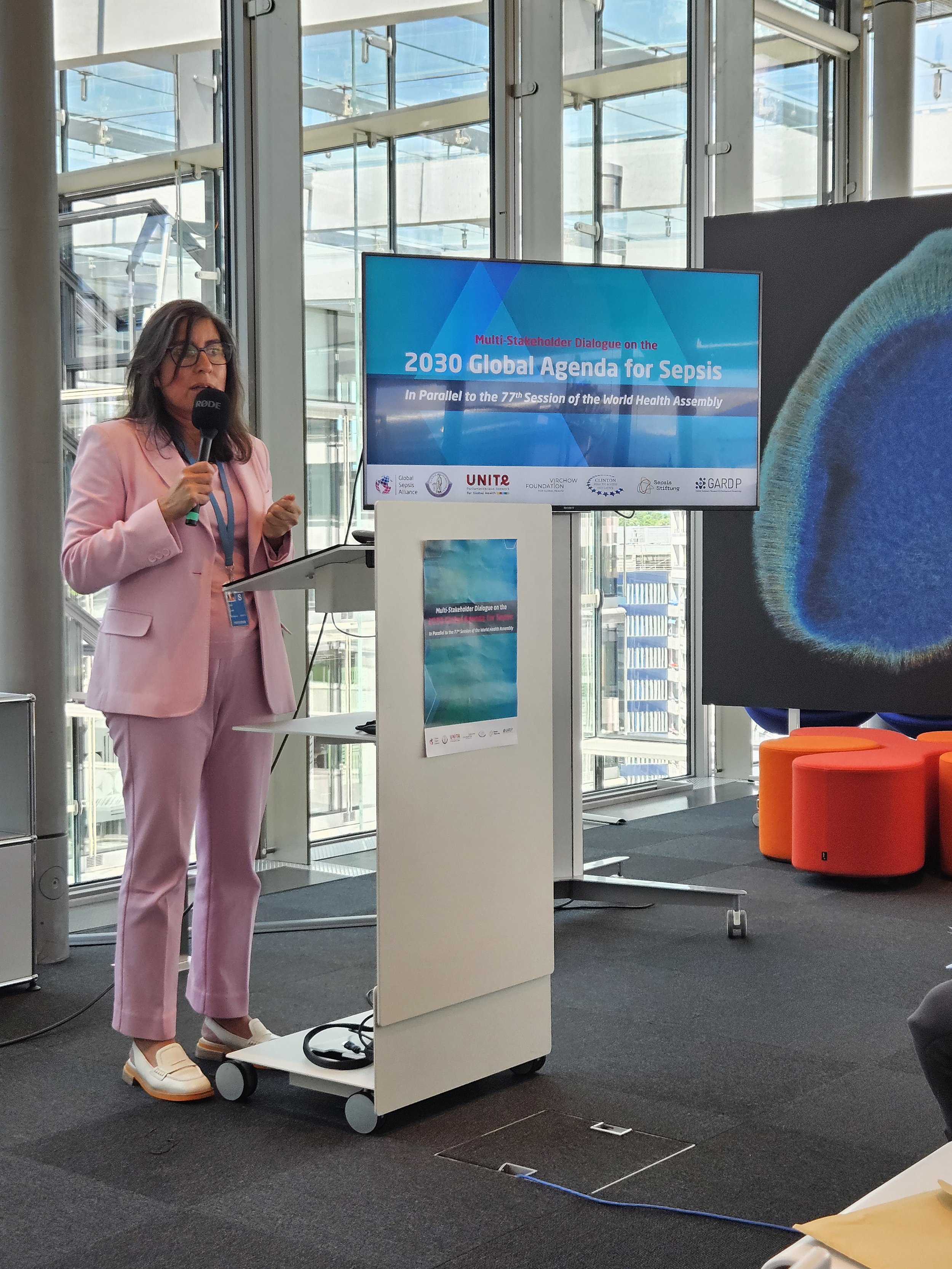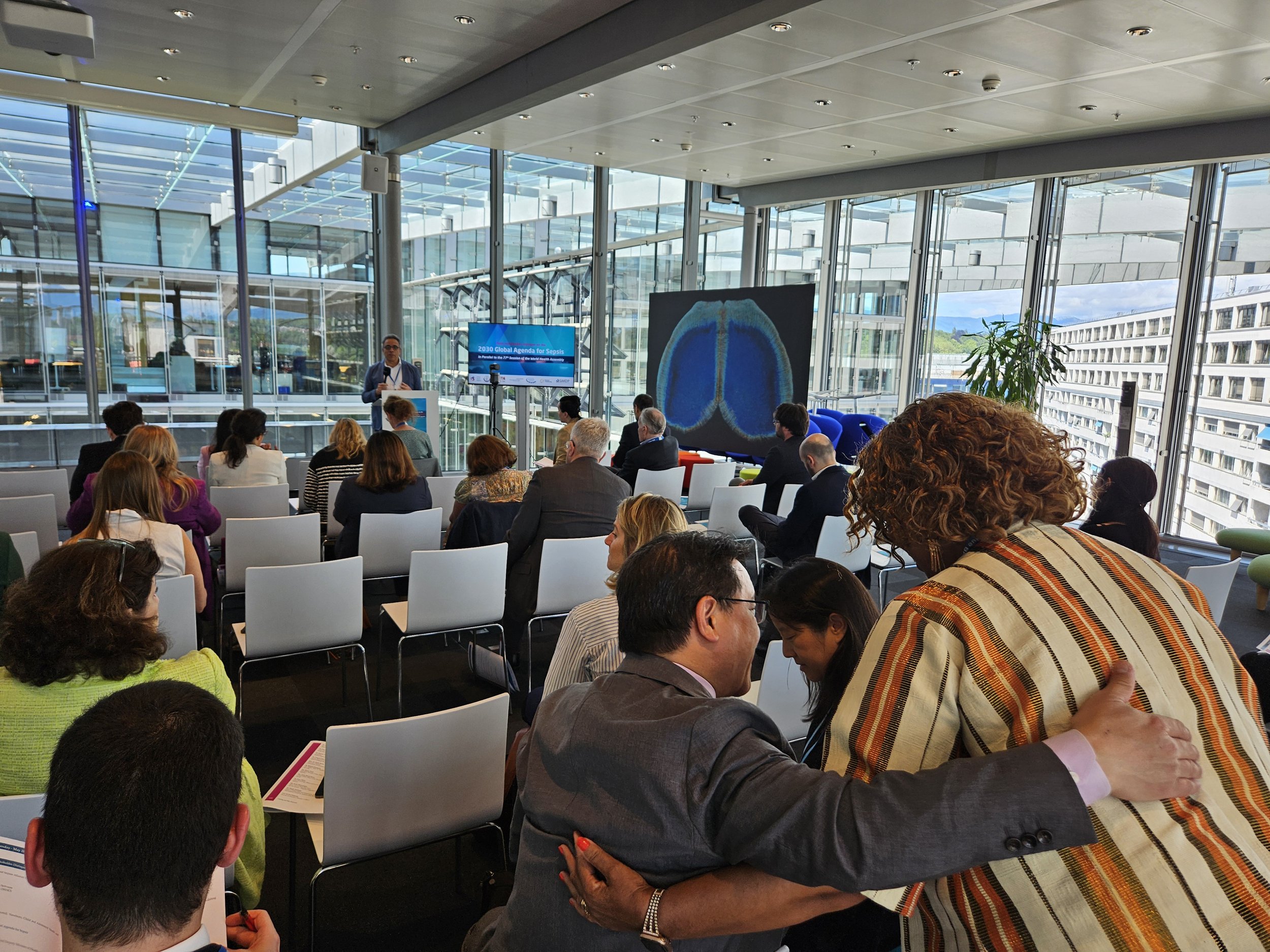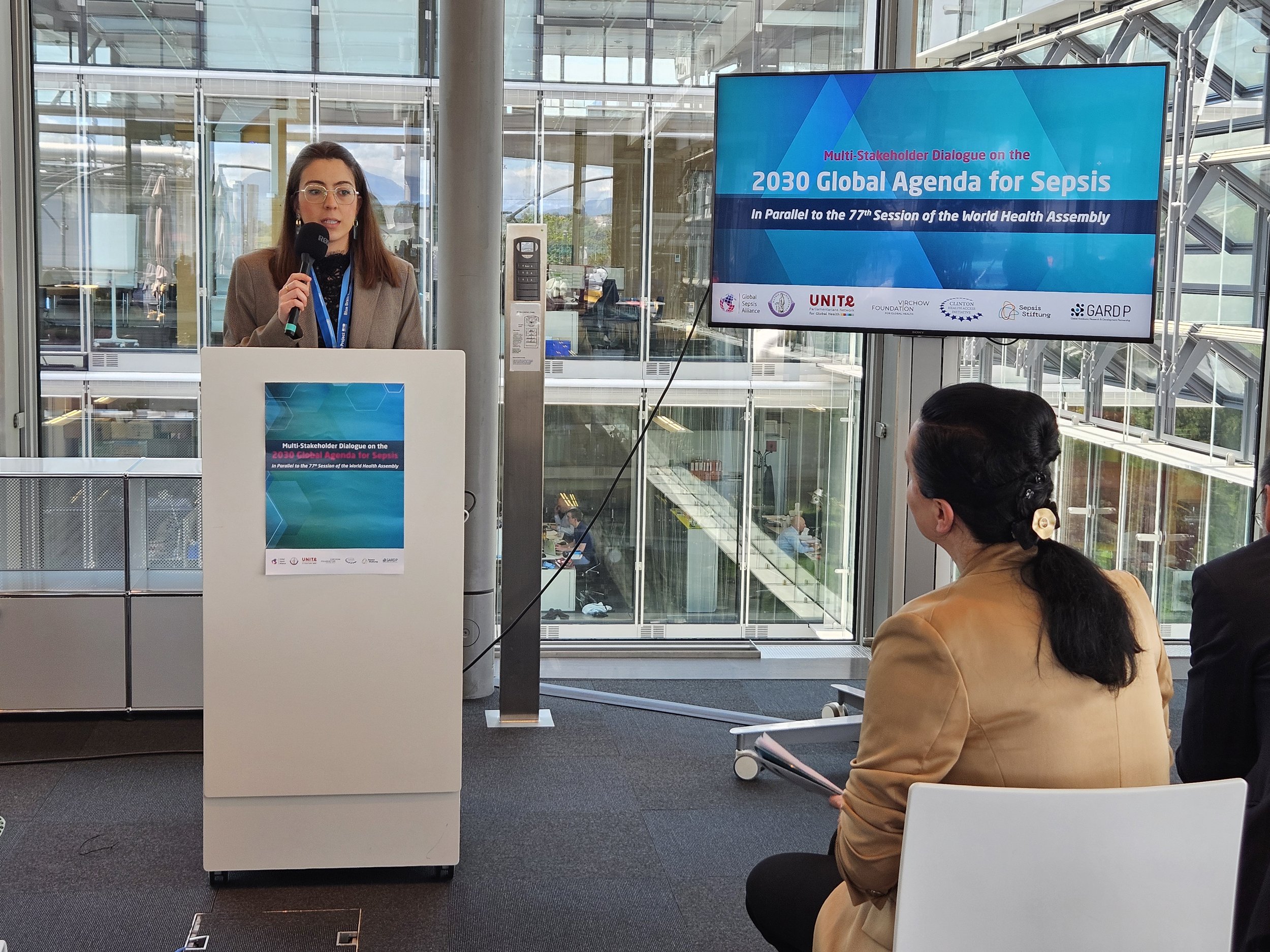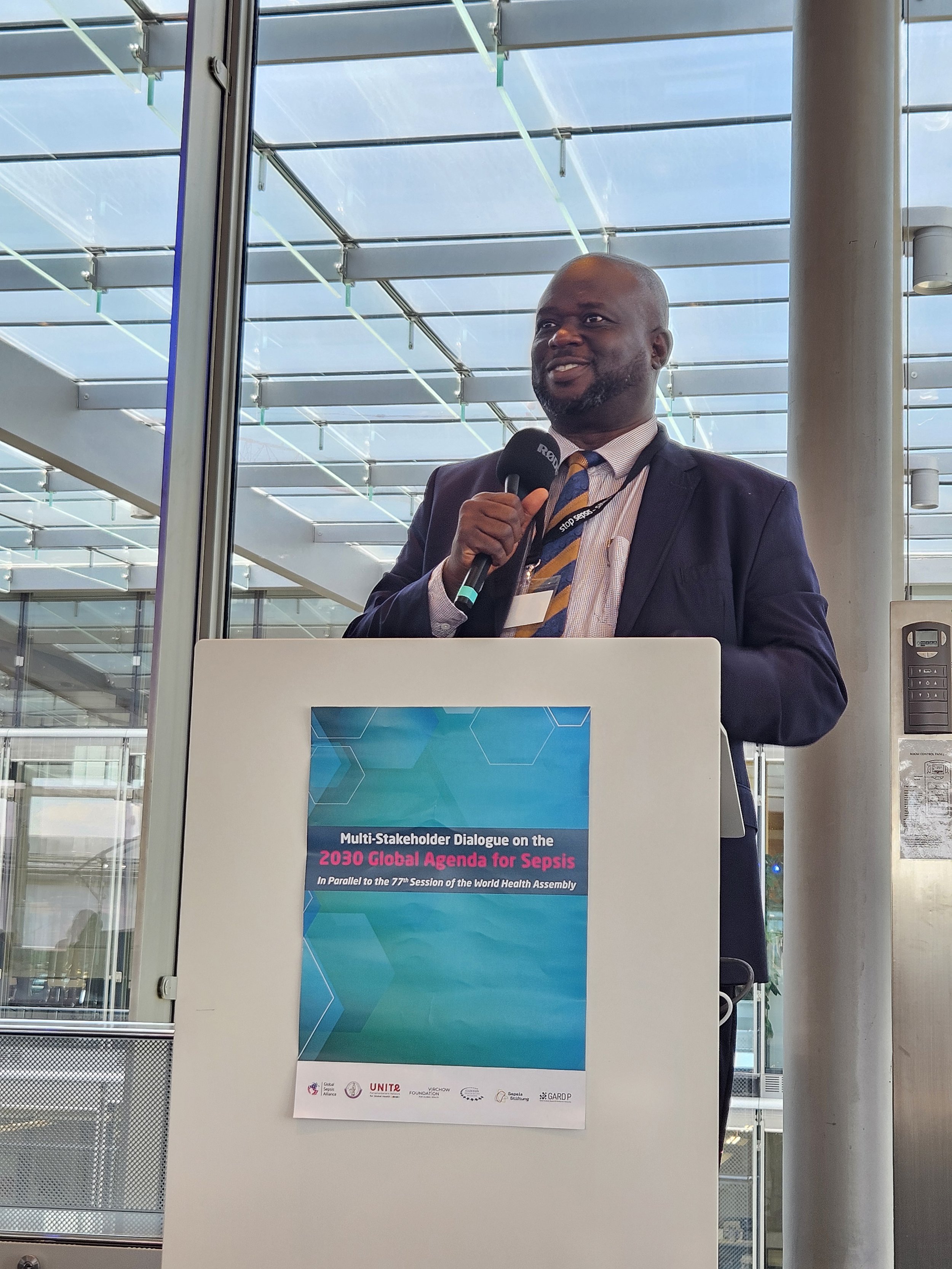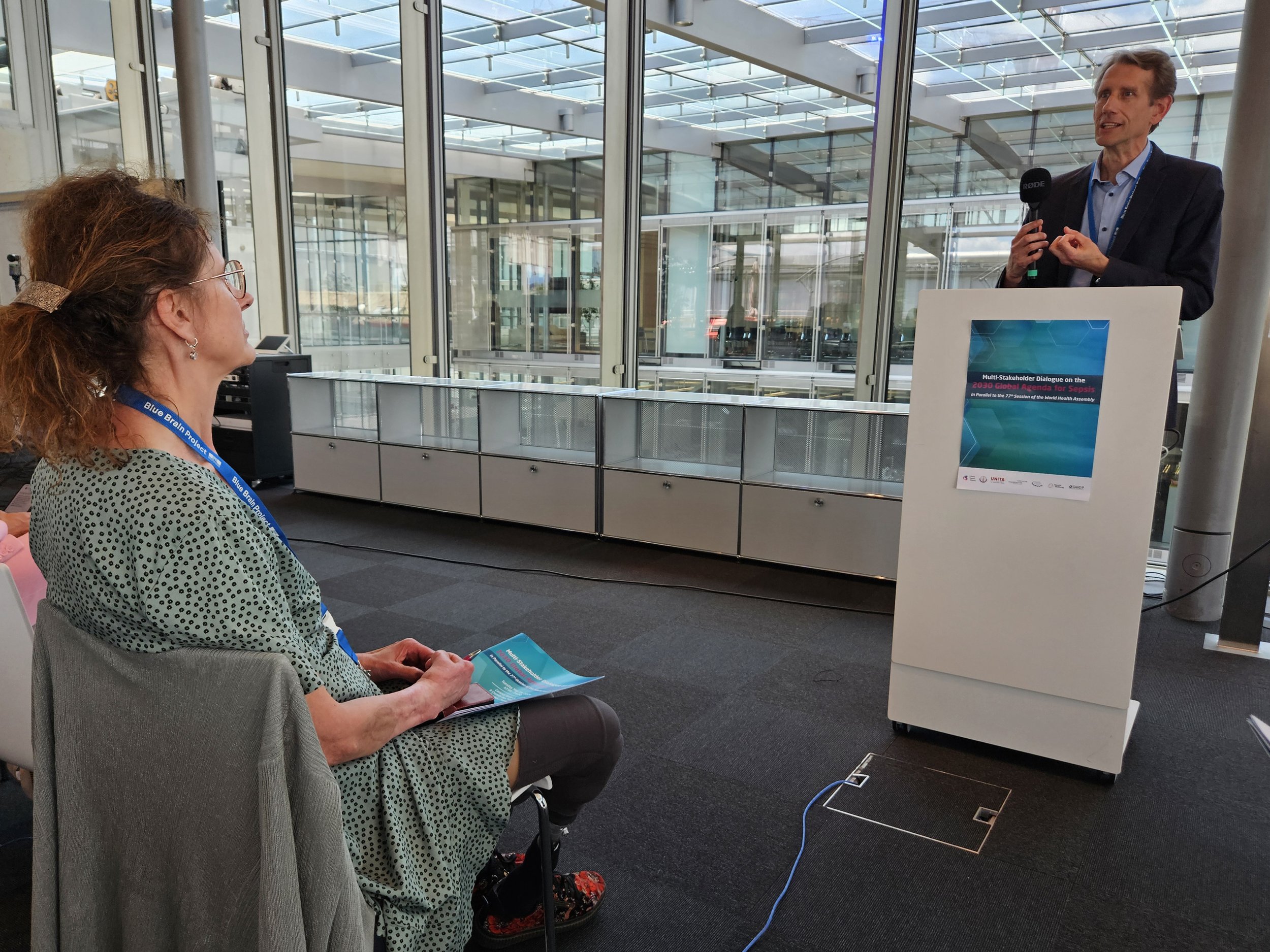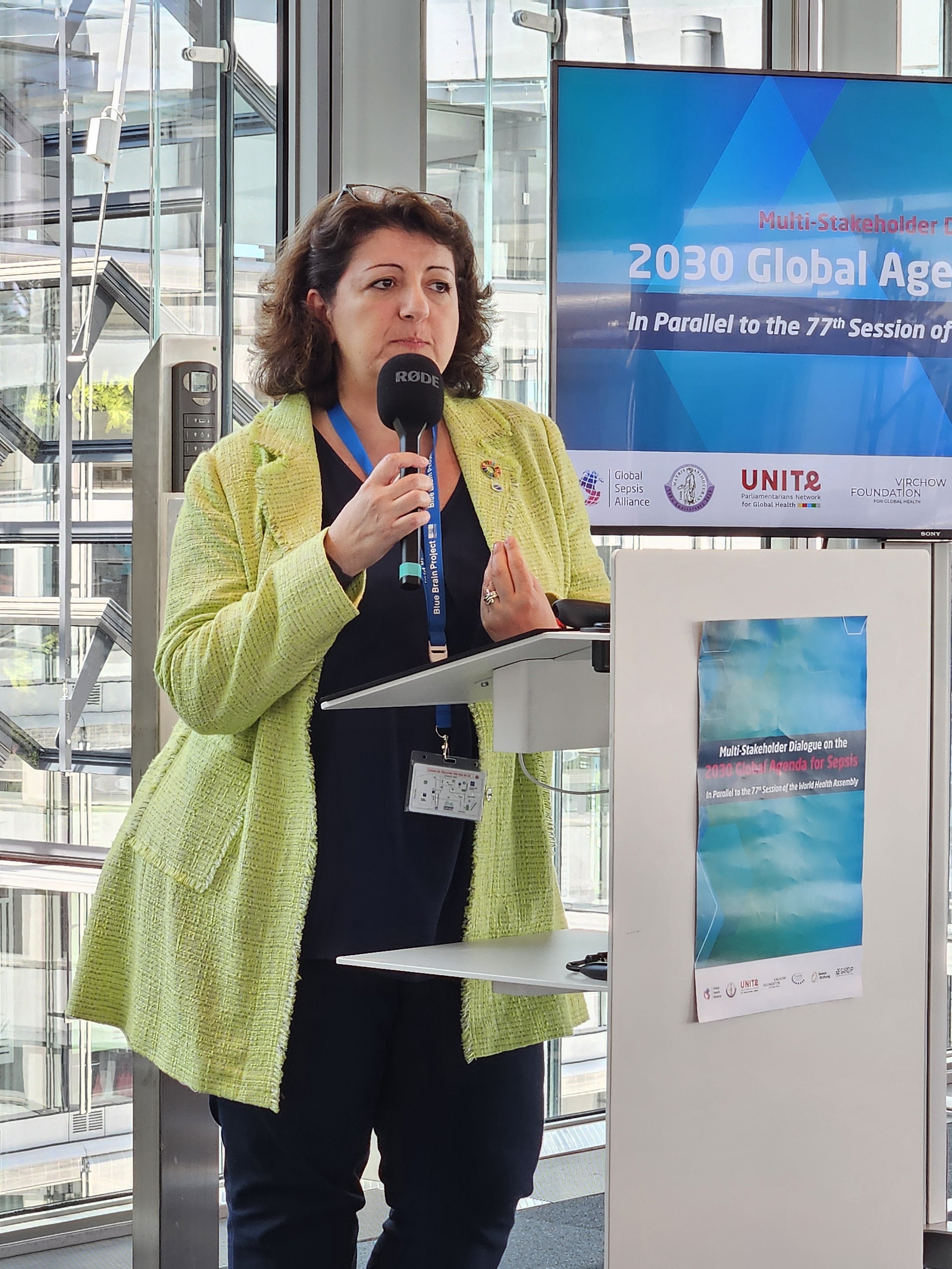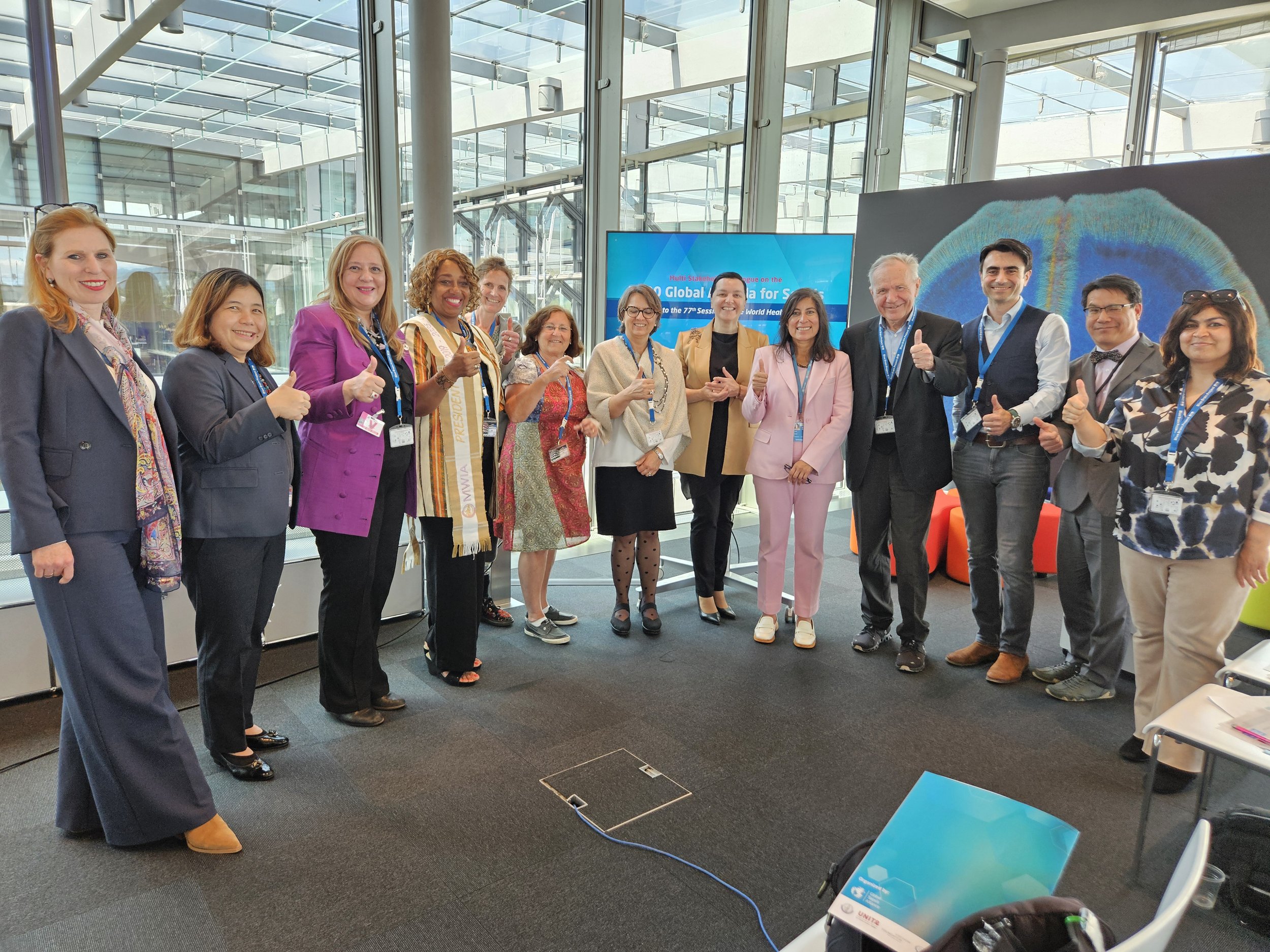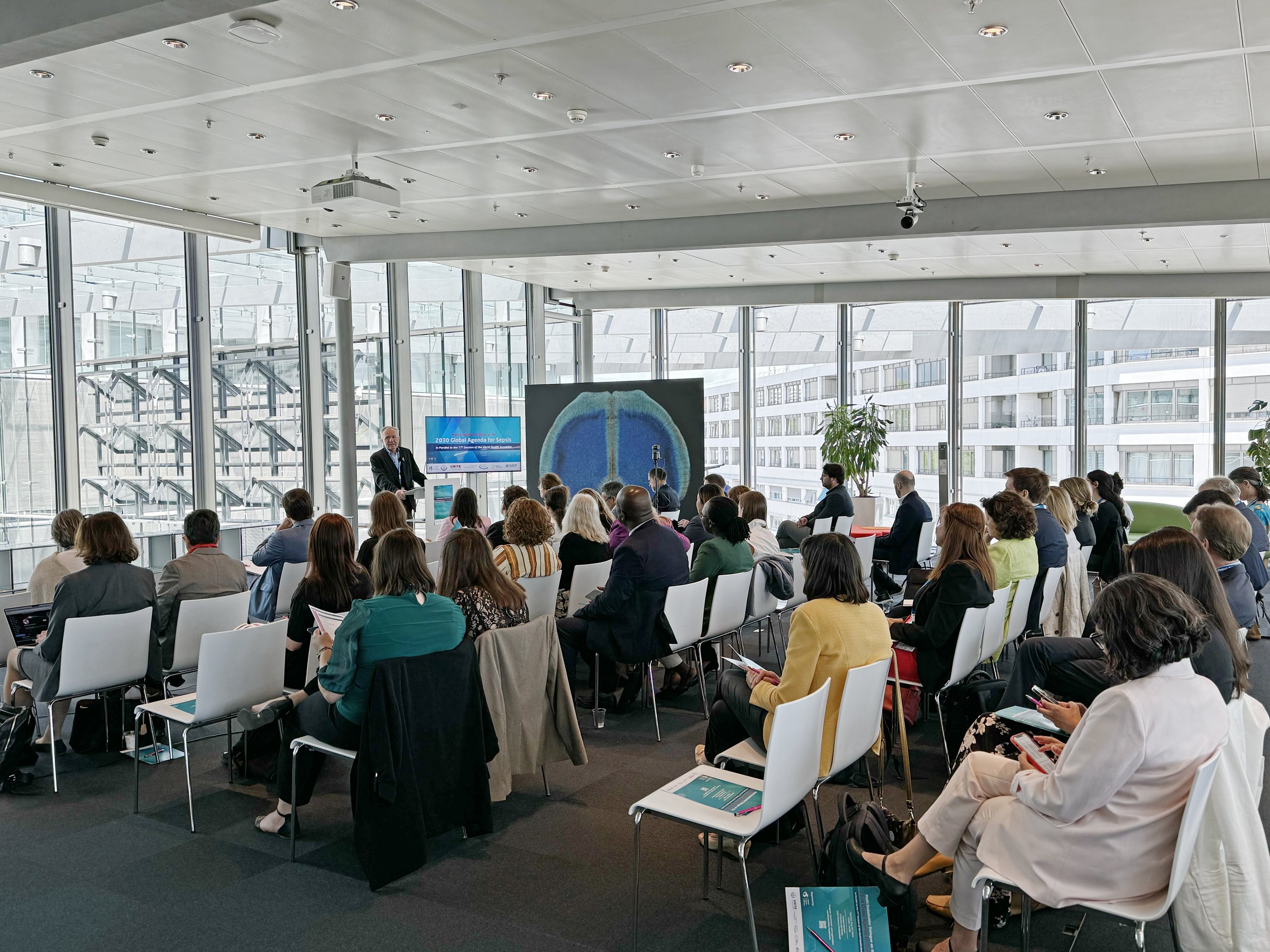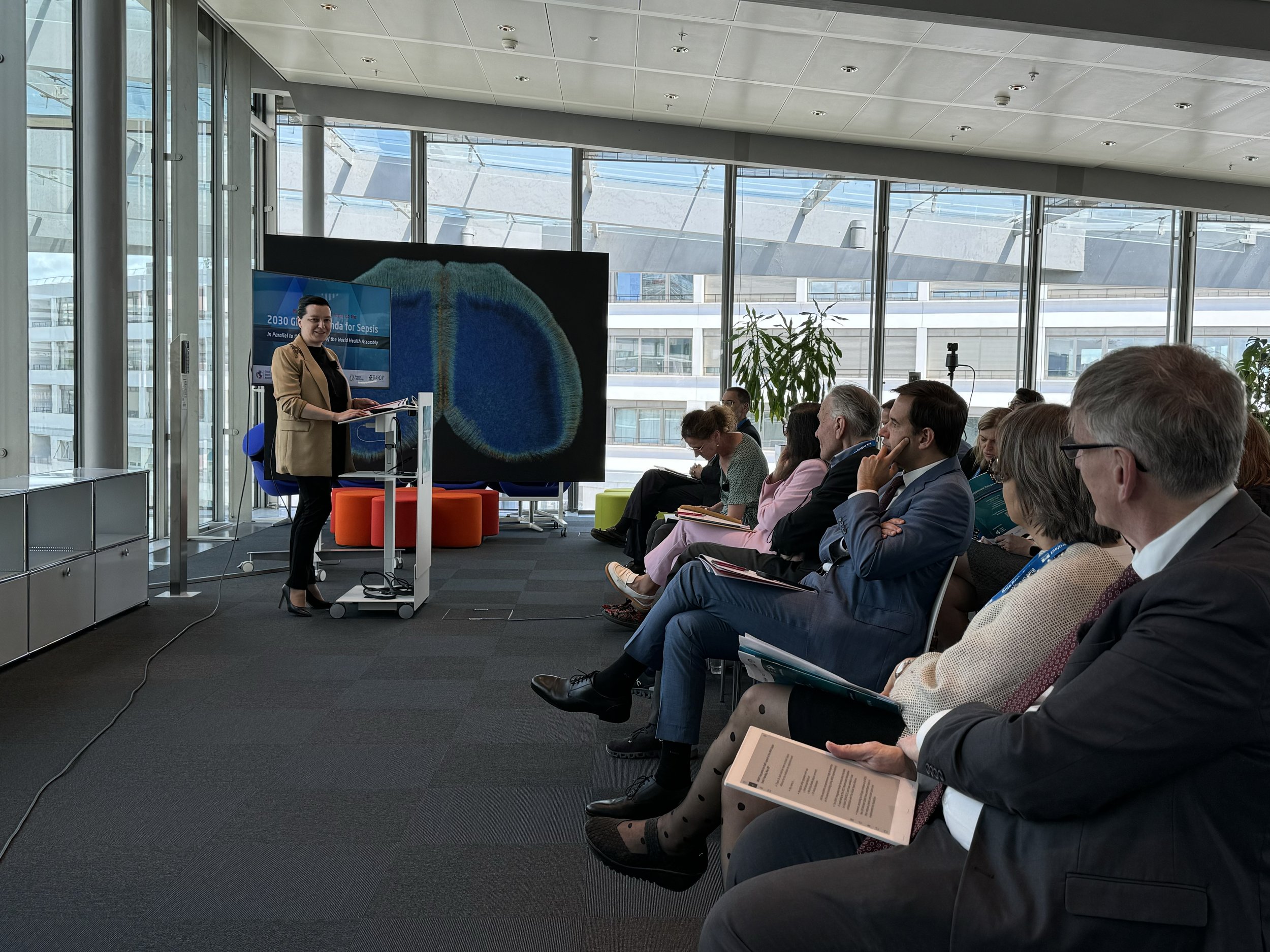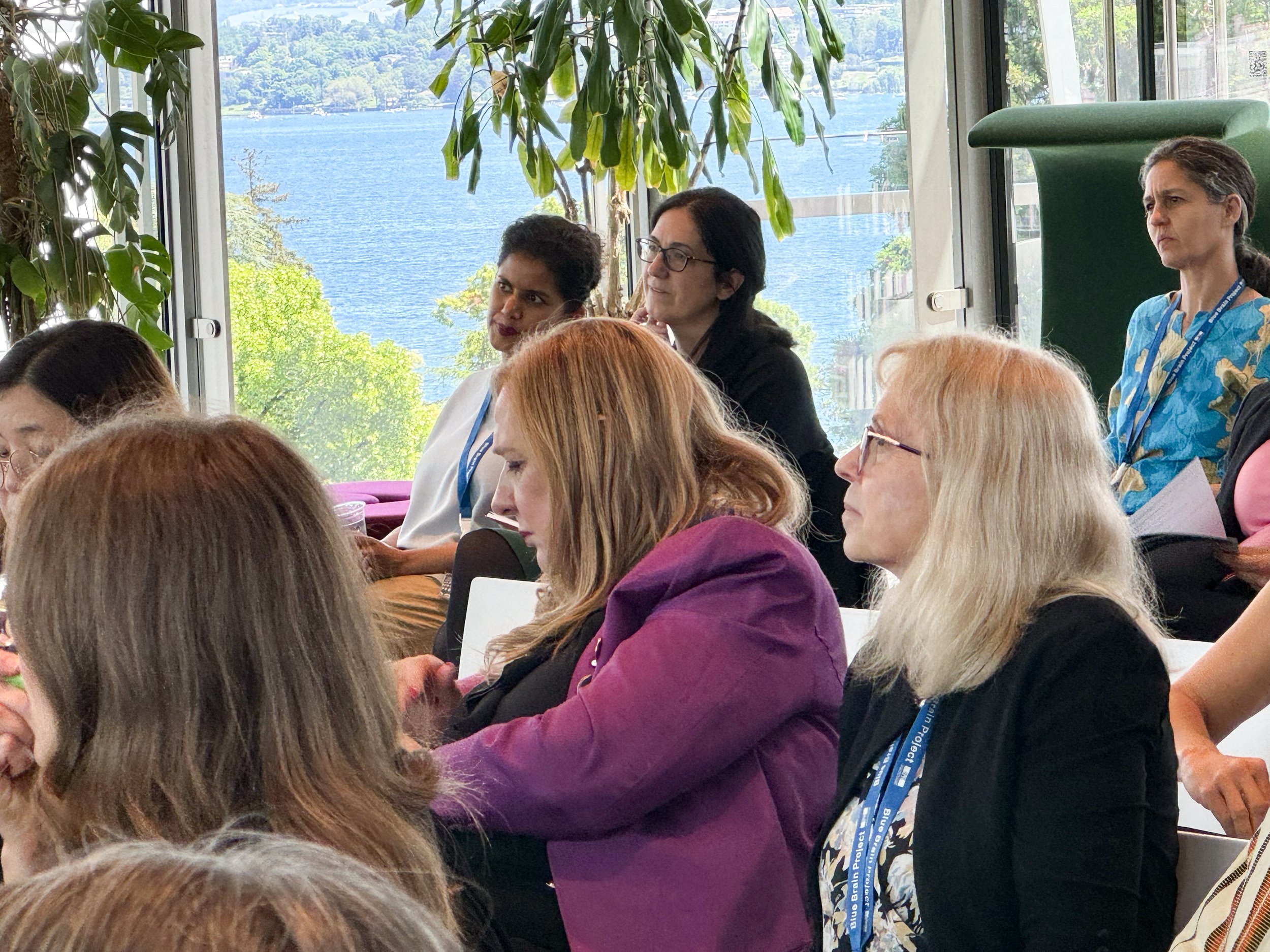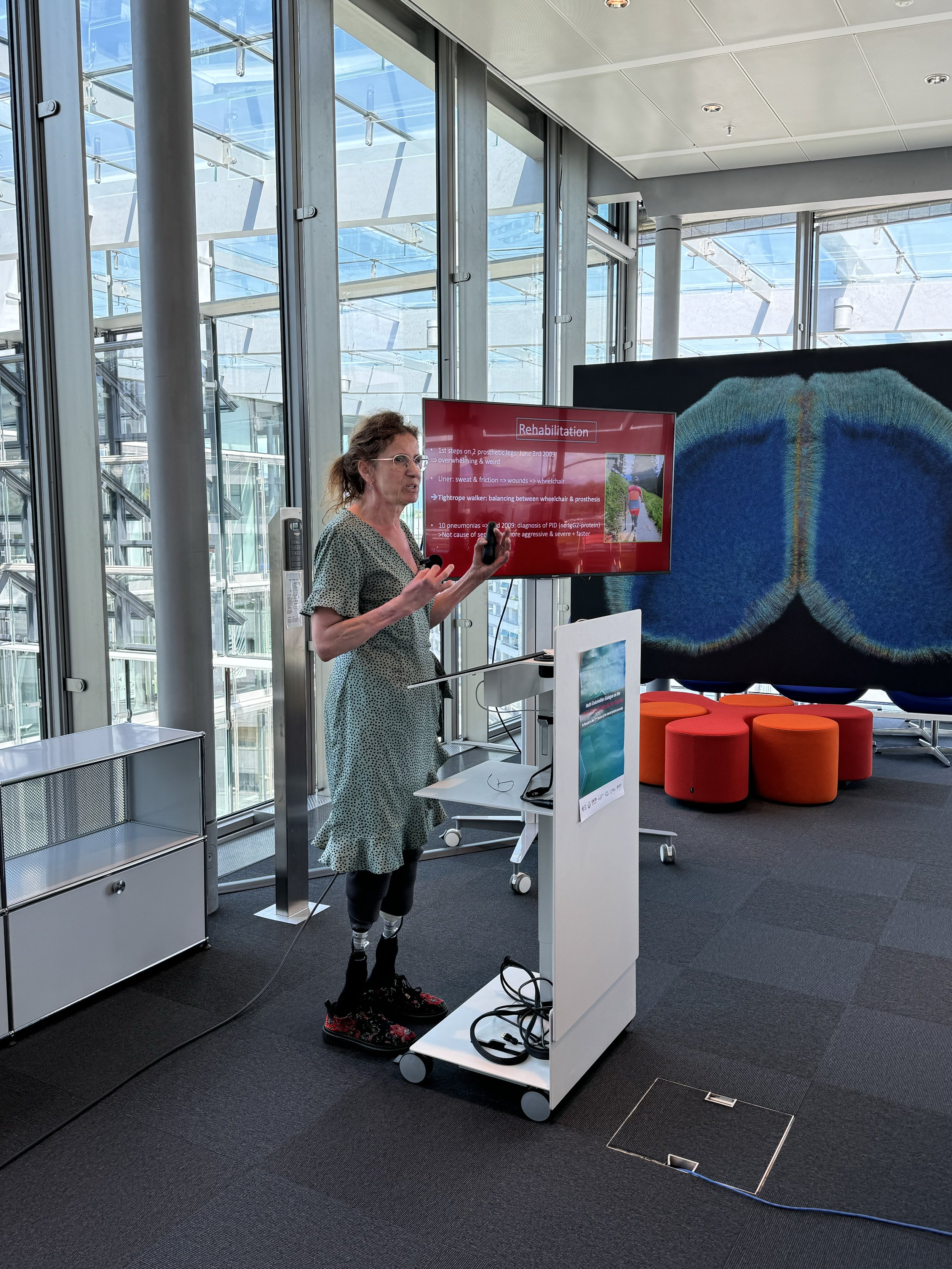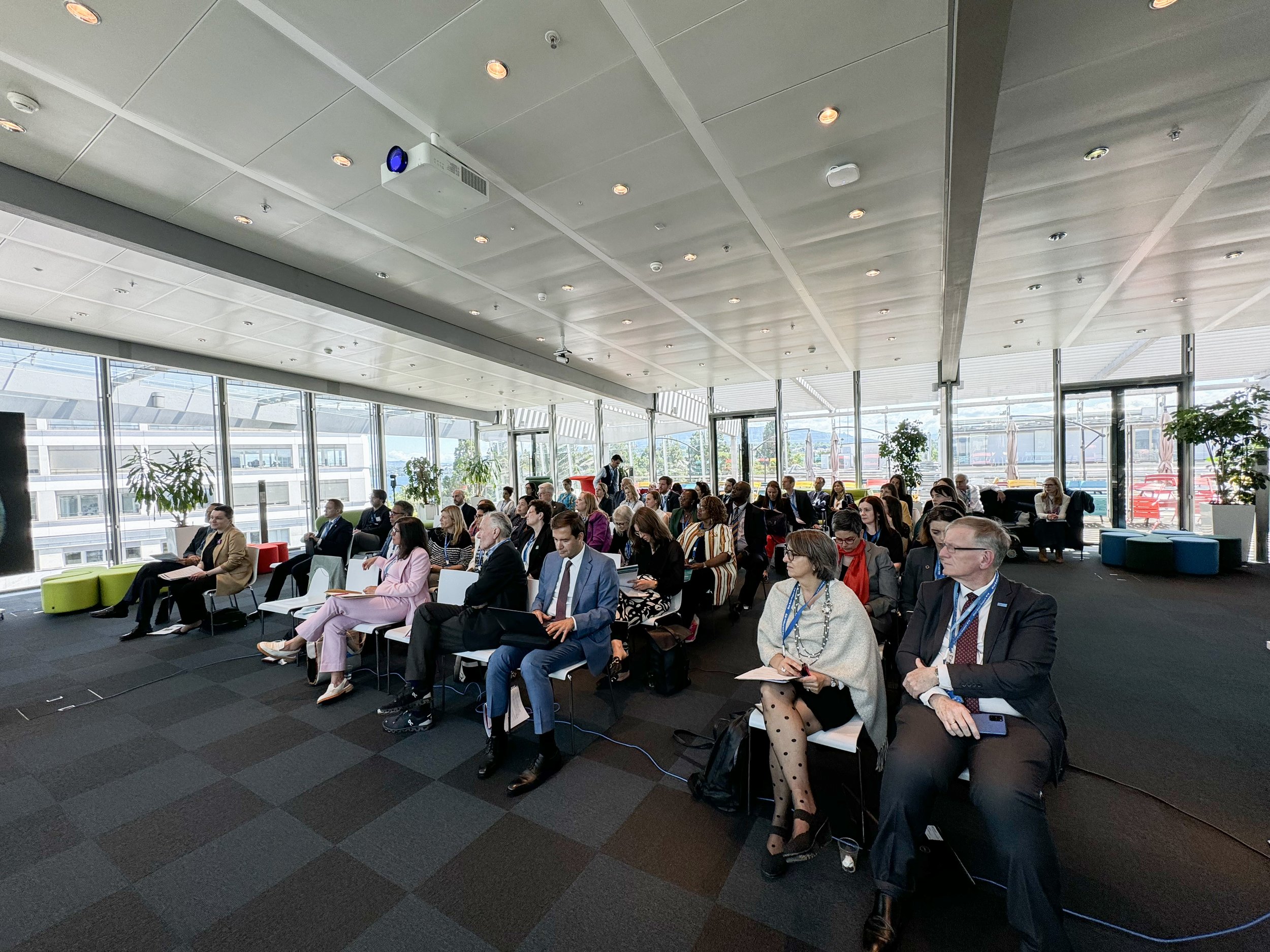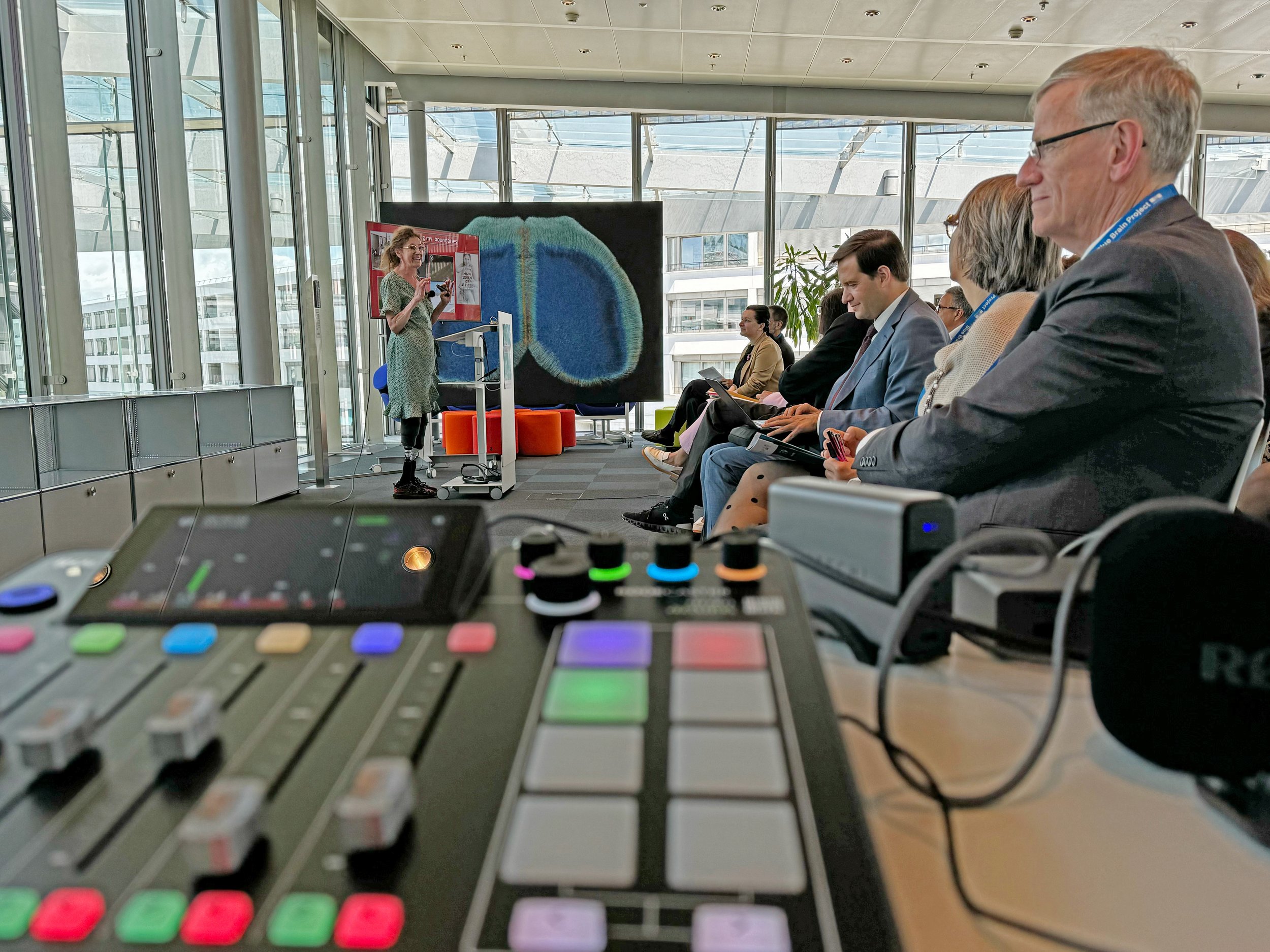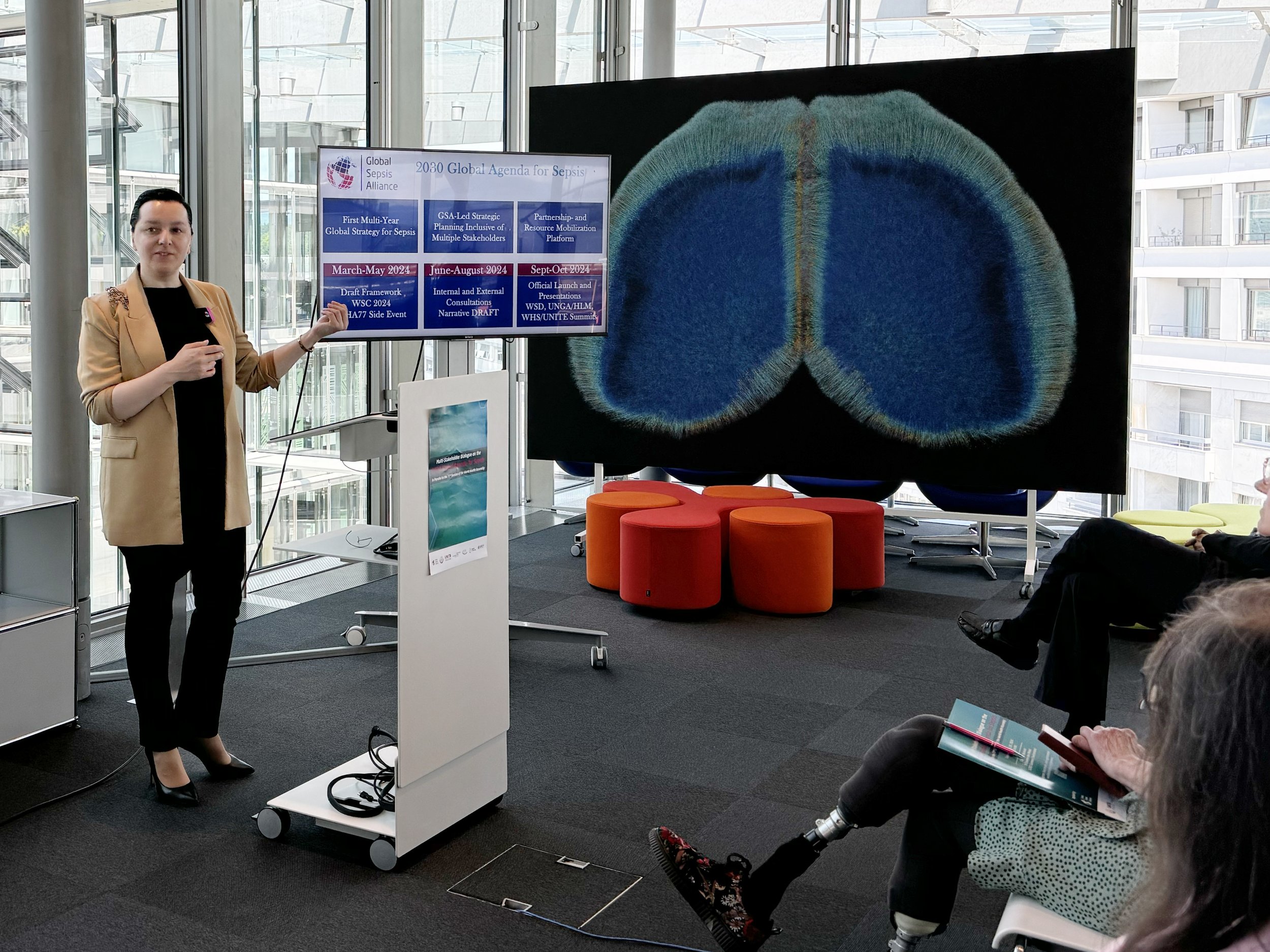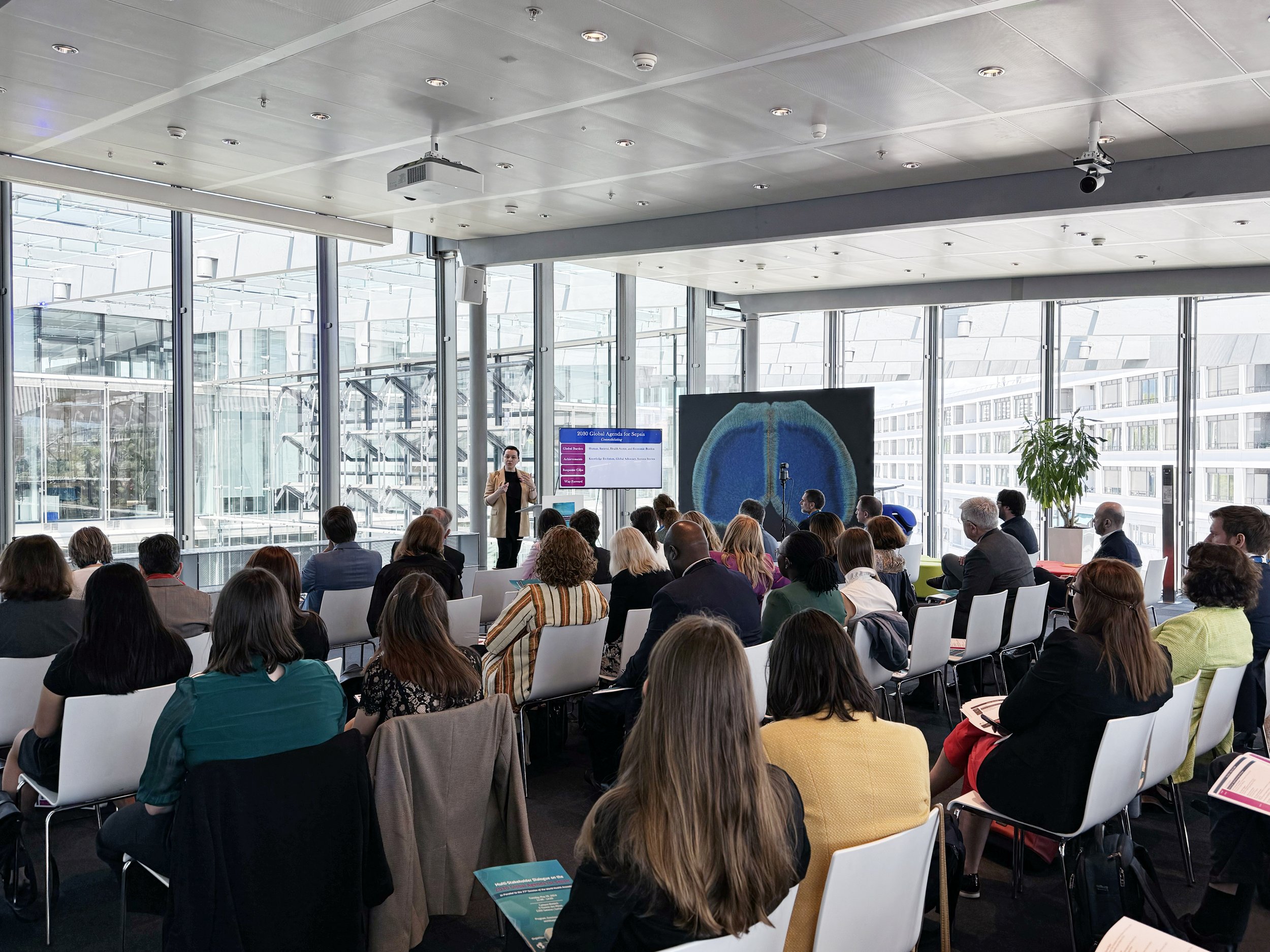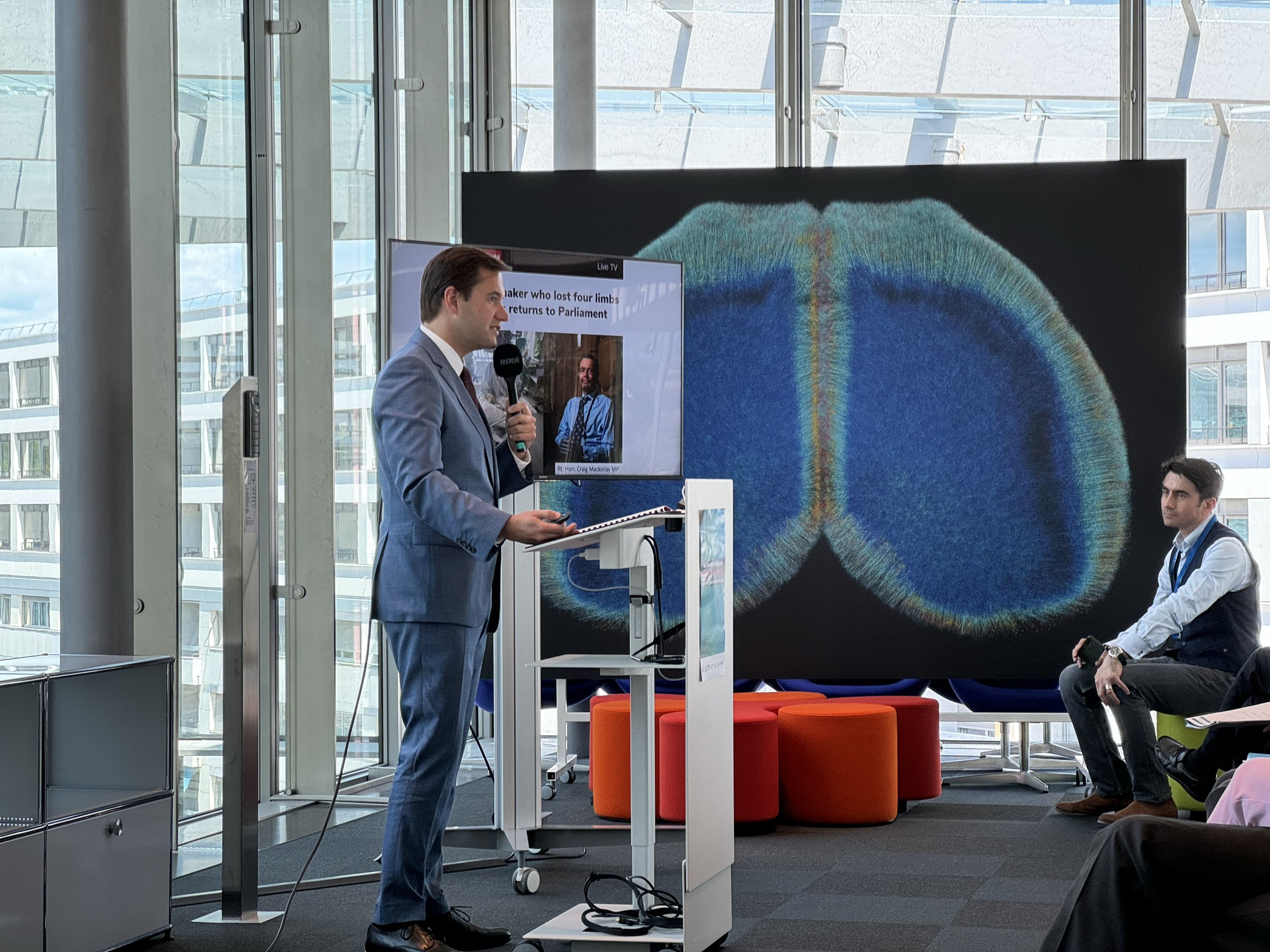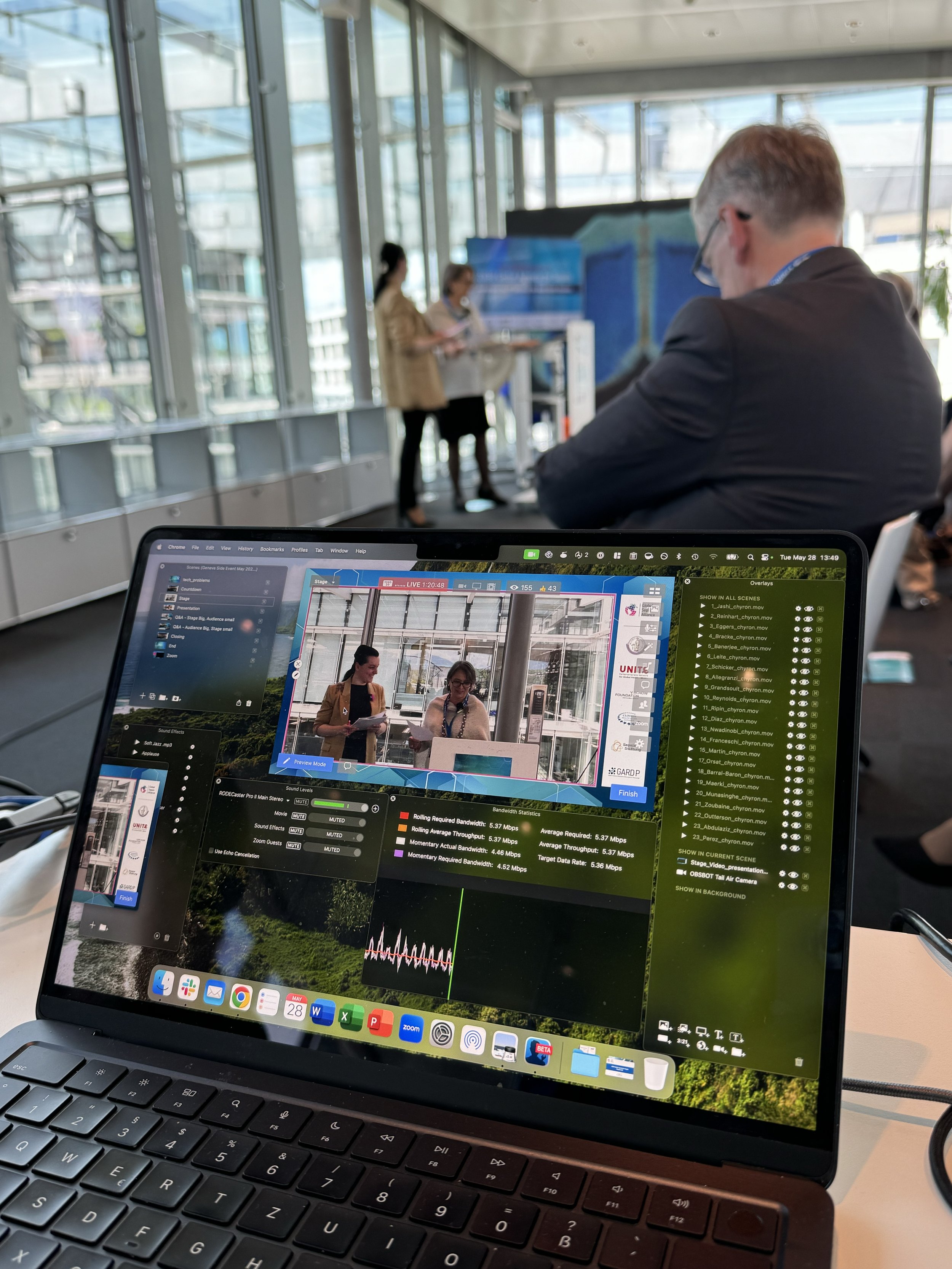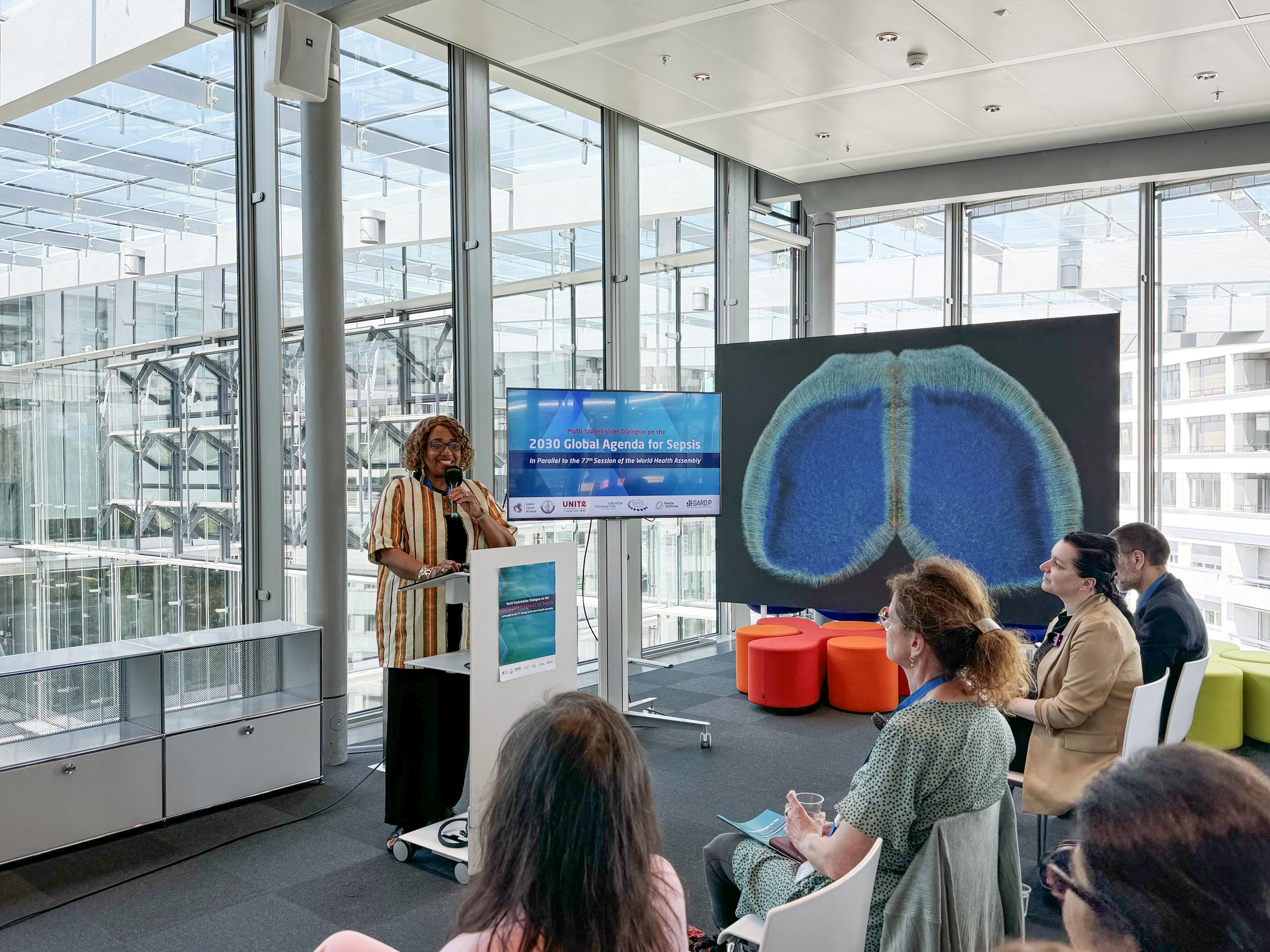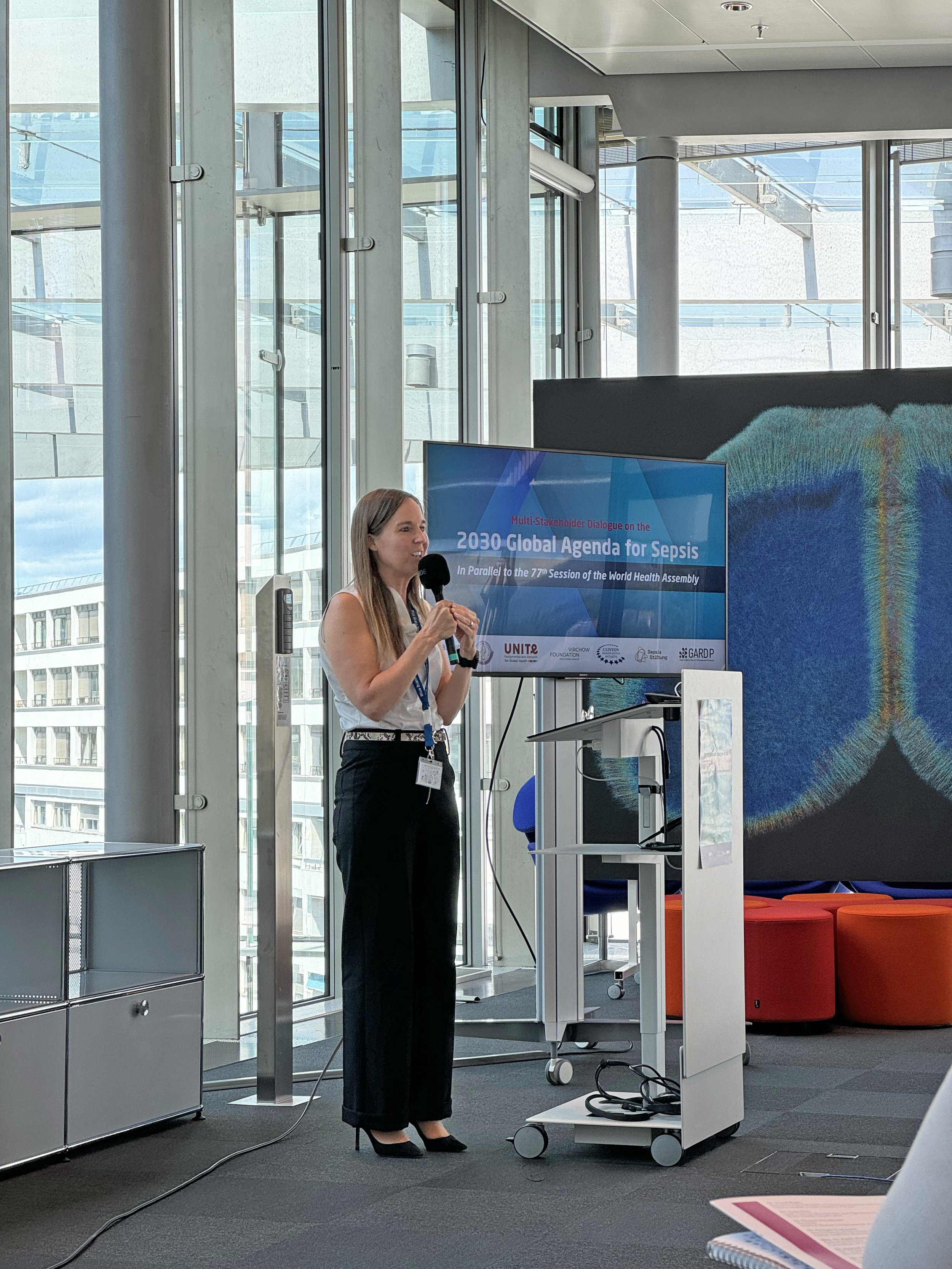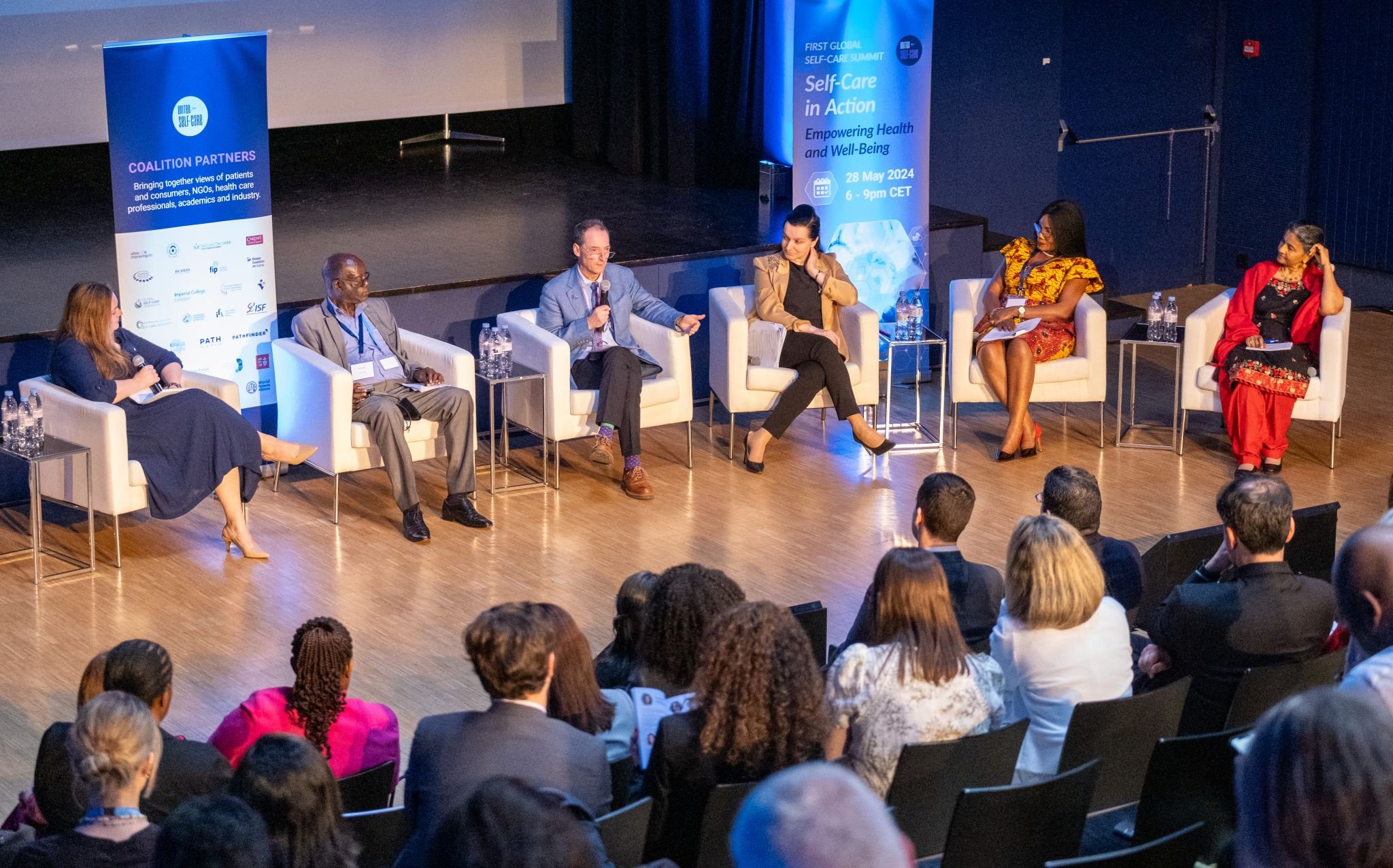The 13th World Sepsis Day is just 2 months away. Every year on September 13, individuals and organizations worldwide come together to educate and inform communities about the importance of early recognition and treatment of sepsis.
This year, we want to make World Sepsis Day bigger and better than ever. Join over 7,000 facilities and organizations worldwide by hosting your own event. Discover ideas, inspirations, and exclusive offers from our WSD Shop to help spread awareness and make a significant difference in the fight against sepsis.
Public Events
Host sports events like community walks or runs, bicycle tours, and volleyball tournaments – the range of possible events is wide. Use pink t-shirts to attract attention, like our WSD T-shirts or our sports jersey, and plan the route so lots of people see you, for example through a town square, or similar. Hand out information leaflets along the way.
Organize a gala event or a special dinner – WSD is a glamorous opportunity to raise awareness for sepsis in your network, including for fundraising. For example, check out the Sepsis Heroes Gala Event by the Sepsis Alliance.
Educational Seminars: Host seminars with healthcare professionals to educate the public about sepsis signs, symptoms, and the importance of early treatment.
Set up small sepsis information stalls, use banners or balloons, and hand out WSD material (such as WSD Infographics, Pocket Cards, the WSD Flyer, or information leaflets) in busy public spaces like town squares, markets, railway or bus stations, and more
Show the "What Is Sepsis? - sepsis explained in 3 minutes"-video at your event (English / Spanish / Portuguese / French / Italian / Turkish / German / Russian / Korean)
Pink Picnic
Set up a pink picnic. Pink Picnics are social events where pink is used to signify the relation to World Sepsis Day. You can include pink salads or cupcakes, BBQs, treats, beverages, plates, other table decor...and whatever you can think of. Decorate using pink balloons. Both pink picnic, as well as event materials, are available in our toolkit section.
ILLUMINATE A BUILDING
Lighting Landmarks: Arrange to light up local landmarks in pink to symbolize sepsis awareness, and encourage people to share photos of these landmarks on social media. Like this one…
Online Events
Participate in the WSD photo challenge – Take a picture of yourself or your team with one of our WSD promotional boards (available in our toolkit section before World Sepsis Day)
Share the picture with the world on Twitter, Instagram, or Facebook, using the hashtag #WorldSepsisDay, or tweet the picture at us directly - @WorldSepsisDay
Embed the "What Is Sepsis? - sepsis explained in 3 minutes"-video on your website and/or share it on social media (English / Spanish / Portuguese / French / Italian / Turkish / German / Russian / Korean)
Share our WSD Infographic on your Facebook, Twitter, or Instagram page or story, or put up a post mentioning @WorldSepsisDay
Share our Sepsis Awareness Clips on Twitter, Instagram, Facebook, your website, or wherever else you’d like. They can also be used at physical events
Play our Sepsis Quiz – either online or printed out
Tweet about or at World Sepsis Day, using the hashtag #WorldSepsisDay, #StopSepsis, or #SaveLives
Add ‘September 13 is World Sepsis Day – Stop Sepsis, Save Lives’ to your email signature
Organize a Twitter chat, a webinar, a Reddit AMA, a Facebook Live, or a Periscope
Share the link to our toolkit section (worldsepsisday.org/toolkits) with your colleagues or friends, encouraging them to join the online campaign
Special Offer from Our Shop
To help you gear up for World Sepsis Day, we're excited to announce a special promotion from our shop. For a limited time, use the promo code FREETSHIRT to get a free t-shirt with any order over 50 euros. To claim this offer, simply add a shirt to your basket, complete the rest of your order, and then apply the discount code at checkout. This offer is valid for orders placed by August 13th.
This is a fantastic opportunity to wear your support and spark conversations about sepsis wherever you go.
Please visit our shop for a wide range of merchandise including t-shirts, lanyards, balloons, and more. There are items for any kind of event that will help you make a bold statement in the fight against sepsis.
Please note that deliveries are shipped from Berlin, Germany, which may result in longer arrival times due to shipping duration, customs processes, and other factors.
Join the Movement and Make an Impact
We encourage everyone to take photos during their events and share them on social media with the hashtags #WorldSepsisDay and #StopSepsis. Your participation can inspire others to get involved and help us reach a wider audience.
Also like and share our WSD posts on our social networks:
Together, we can make World Sepsis Day 2024 the most impactful yet. Let’s unite in our efforts to educate, inform, and ultimately save lives.
Don’t forget to mark your calendars for September 13th and start planning your World Sepsis Day event today. Let’s make a difference together.













